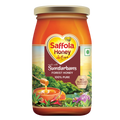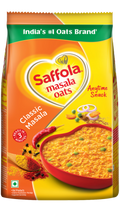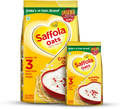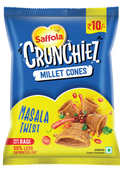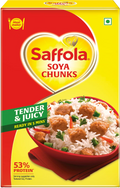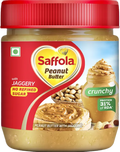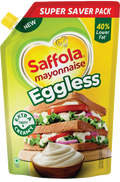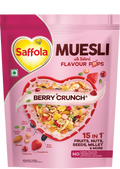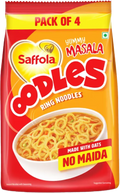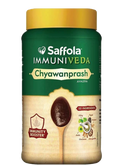8 October, 2021

5 min

23
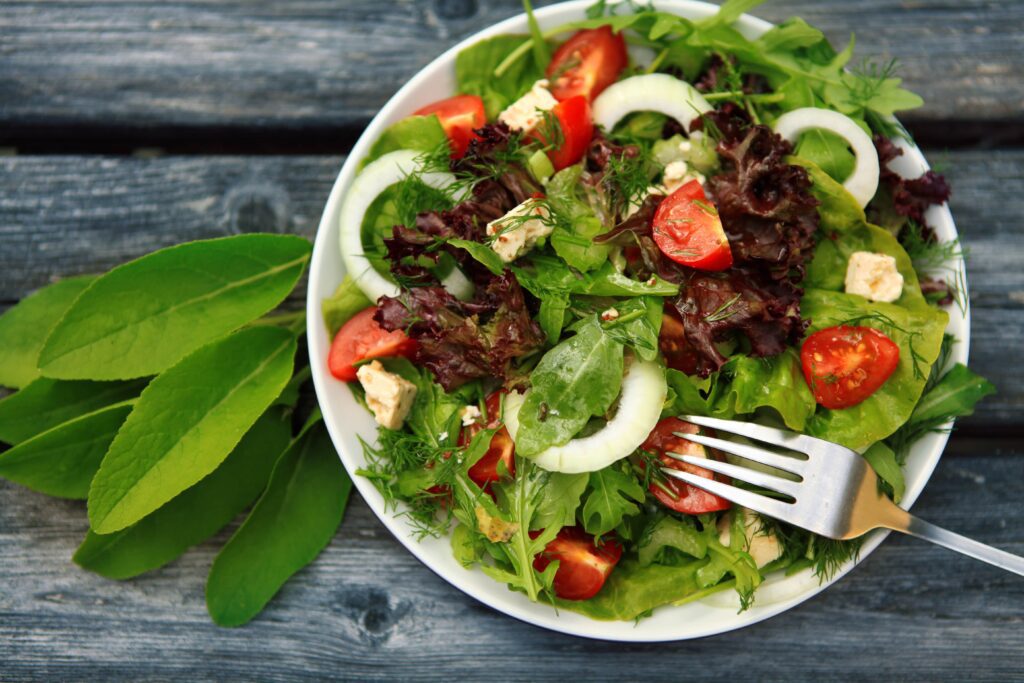
Keeping your heart healthy is important to your overall health. It works throughout the day and night to pump blood that’s essential to keep everything else functioning smoothly. Unhealthy lifestyle choices can start to have an impact on your heart too. It’s never too late to start caring about your heart health and one of the best ways to look after your heart is with a healthy diet plan. While there are some “foods for the heart” that are better for your heart than others, if you're trying to keep your heart healthy and prevent cardiovascular diseases in the long run, there's more to do. A heart healthy diet plan doesn't just mean adding heart healthy foods to your meals, you also have to take a holistic look at your eating habits. So if you don’t know how to start with your heart healthy diet plan, let us guide you!
Limit your sodium intake
Studies have shown that if you lower sodium levels it is great for maintaining healthy blood pressure levels as well as reducing high blood pressure. Adults with high blood pressure are recommended to lower sodium levels in their diet as it can aid in low blood pressure. Since sodium mostly comes from salt added to your food, it's possible to easily reduce how much you consume. If you still find yourself tempted to add the extra pinches of salt, consider switching to a low-sodium salt.
Eat more fruits, vegetables, and whole grains
Fruits, vegetables, and whole grains are packed with nutrients that are good for your body. You can replace many high-calorie foods with fruits and vegetables. For example, if you find yourself craving a snack, instead of grabbing some chips, have some fresh cucumbers instead. Whole grains such as oatmeal, barley, corn, whole wheat, rice, millet, quinoa, and sorghum are foods good for the heart and are also some of the easiest foods to digest. Hence, you should definitely add these foods to your heart healthy diet plan.
Add more potassium, calcium, and magnesium to your diet
Potassium, calcium, and magnesium are key minerals which play a critical role in regulating & maintaining blood pressure. They help blood vessels tighten and relax when they need to, thus maintaining normal blood pressure throughout the body. Include foods that have calcium and foods high in magnesium and potassium such as low-fat dairy products, poultry, fish, legumes, banana and nuts as a part of your diet.
Eat less sugar
It's possible that sugar is already a part of your daily diet - from a few spoons with tea or coffee in the morning to desserts consumed after a meal or some biscuits in the evening. Sugar is also present in high amounts in many processed foods, even savoury ones. Ingredients like glucose, fructose, galactose, or dextrose all add up to your total sugar consumption and can defeat the purpose of your healthy diet. A high intake of sugar has been linked to an increase in cardiovascular diseases so try to reduce the amount of sugar you consume. Prefer eating at home, reduce sweets and sugar-sweetened beverages in your diet.
Cut out saturated and trans fat
You must avoid trans fats as high consumption of trans fatty acids and saturated fats have been linked to an increased risk of coronary heart diseases. Saturated and trans fats are commonly found in fast food and processed foods - what is commonly referred to as junk food. Clinical trials have found that replacing trans fatty acids with low trans fat foods that have monounsaturated (MUFA) or polyunsaturated fatty acids (PUFA) can help reduce your cholesterol levels. So, avoid trans fats by replacing your diet with some low trans fat foods like lean pork, chicken and fish high in omega-3.
Use the right cooking oils for a healthy diet
Using the right cooking oil is an important part of a healthy diet. Vegetable oils such as palm and coconut oil are high in saturated fat, whereas oils like olive, peanut, and canola contain less saturated fat and more monosaturated fats, and oils like sunflower, corn, soybean, safflower are rich in polyunsaturated fats. Monosaturated fats and polyunsaturated fats are better for your health and are known as good fats. One of the easiest ways of maintaining a balance of both these fats in your diet is with blended oils. Saffola Total is one such blended oil which is the best Indian cooking oil for your health as it has a mix of oils rich in MUFAs and PUFAs so you can get the benefit of two types of oil with one.
Count your calories
Lastly, consuming food for the heart and eating a healthy diet also includes eating the right amount of calories. The ideal amount of calories you should be consuming varies depending on your gender, age, and level of activity. You should consume a lesser amount than you burn, if you want to lose weight, or consume an equal amount to maintain your weight. Tracking your calories can help you get a better idea of whether you need to modify the foods you're eating and their portions. These are just a few simple suggestions for eating healthier and you can start making changes from today. Eating a healthy diet can be an important preventive measure against cardiovascular diseases and it can also show benefits such as lowering your blood pressure. To sum up, The recipe for a perfect heart healthy diet plan is -
- Foods high in magnesium and potassium
- Foods that have calcium
- Avoid trans fats
- Consume low trans fat foods
- Lower sodium levels in your diet
- Include more foods good for the heart
So, even if you’re not at risk for heart diseases, you can be confident that adopting a heart healthy diet plan will help you get healthy and stay healthy.


